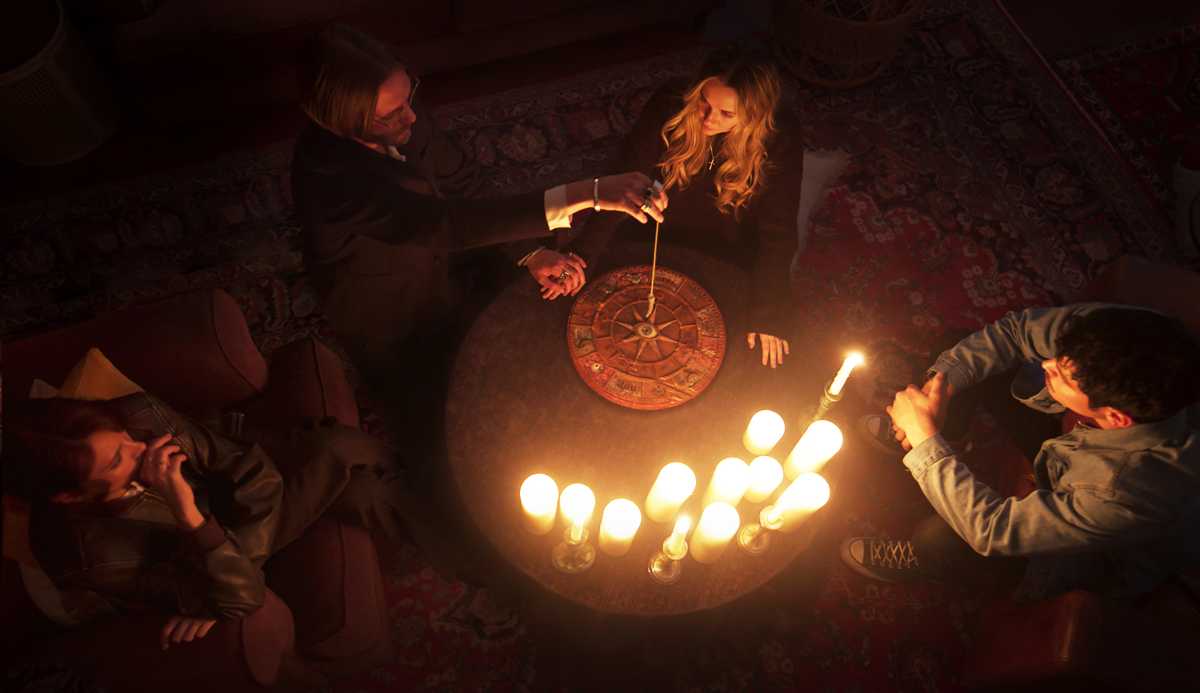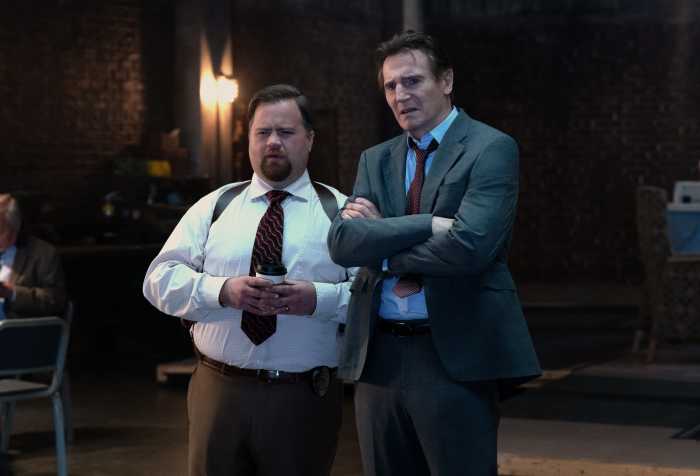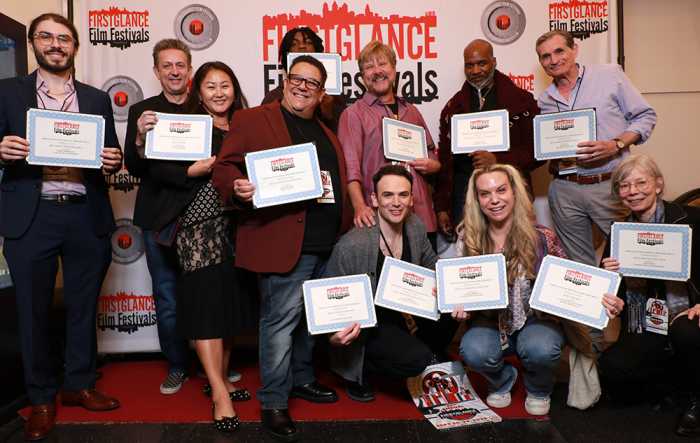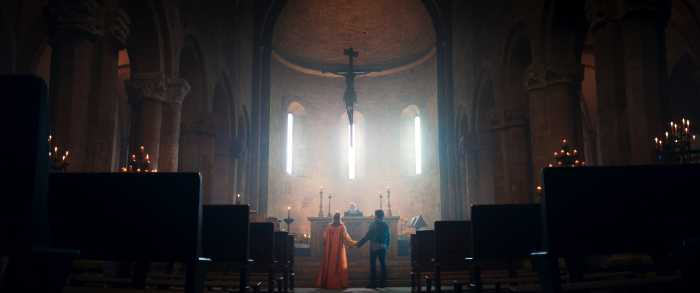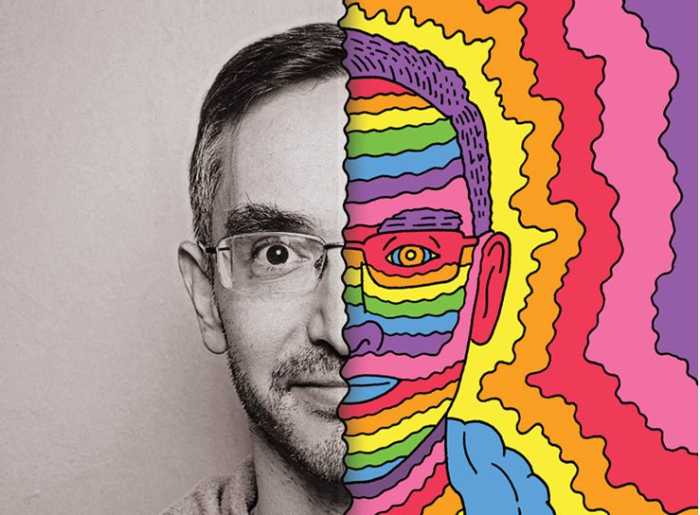After years spent directing high-octane action and genre-bending comedies, director/writer Chuck Russell has found his way back to horror with ‘Witchboard.’ In this reimagining of the cult classic, Russell dives deep into the occult roots of pendulum boards, using everything he’s learned from decades in Hollywood to craft a supernatural thriller grounded in both historical fact and psychological tension. As he puts it, this isn’t just a return to scares—it’s a return to the kind of boundary-pushing, character-driven storytelling that launched his career.
Russell recently sat down with Metro to talk more.

‘Witchboard’ marks your return to horror. What did you miss about the genre?
There’s a lot about the horror genre that I missed. My first two films as a director were horror—’Nightmare on Elm Street 3: Dream Warriors’ and ‘The Blob.’ They were very successful, and suddenly, I got nothing but horror scripts. I realized, well, if I keep going, it’s going to be tough to get to do comedy or action—some of the other things I wanted to do. So I followed that trail and got to do great opportunities like ‘The Mask’, ‘Eraser’ and ‘The Scorpion King’, and continued producing films like ‘Collateral’ with Tom Cruise and Jamie Foxx. I’ve had a lot of fun.
I write, so I’m always writing something new and it finally came to me, well, I’m starting to look for horror [again]… how do I top myself in the genre? I was a bit cautious. Then, when ‘Witchboard’ came up, I realized it was a fantastic vehicle to reimagine another important piece of pop culture.
‘Witchboard’ started the whole Ouija board sub-genre, and I was fascinated with Pendulum boards, which predate Ouija boards and go all the way back to ancient Egypt. They are amazing and fascinating and colorful and it’s a bit of a puzzle and a bit of a spell-casting device. And just like I did in ‘The Mask’, I wanted to do a film about one magical prop that drives the action. So I’m really using everything I’ve learned over the years since then [for this.]
There was a lot of research that went into the film. Did anything in your findings surprise you?
I found it very surprising how important Pendulum boards are over history and what a powerful portal device they are. Pendulum boards were the original…the micro muscle movements in your arm when you’re holding that Pendulum, scientists will tell you that that is accessing your subconscious mind. There’s a scientific term for that, but mystics will tell you that it is accessing your subconscious through the spiritual world. So one way or the other, it’s the participant or the practitioner that is interpreting and creating the event.
Pendulum boards were outlawed in the 1700s by the French Pope, women were being burned at the stake for having them. So they’ve kind of disappeared from culture for a while and reemerged as Ouija boards instead of a Pendulums so that people wouldn’t get in trouble as they did in the 1700s. I just thought it was fascinating. I thought, okay, why not go deep into the history of witchcraft and why all this happened with Pendulum boards? And we did—the craziest things in this film are actually based on historical fact.
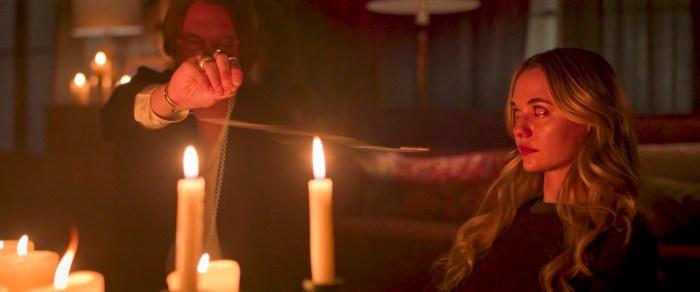
There are some wild scenes in this film that were likely crazy to pull off from a director’s standpoint. What went into all the preparation for you?
Well, really it starts with the writing and the concepts. And ever since ‘Elm Street 3’, I’ve always happily ridden myself right off the cliff into things I’ve never seen before. I think that’s why we make films…Can I stretch the boundaries? I don’t want to copy what I’ve seen before. So in the writing process, and I’ve suggested this when I’ve been asked to speak at writing classes, people ask me, should I write things I know how to do?
I think just the opposite. The challenge in directing films is to break down these images and work out the wonderful magic trick. How much is an illusion? How much is a practical effect? How much is it tools like CGI? I rely mostly on practical effects. We only use CGI as an enhancing tool and to cover the wires and mistakes because practical effects are way more scary. I give a lot of credit to Madison [Iseman]— everything you see happen [to her] happened in real time. It’s only minor CGI enhancements, including the bottomless bathtub, things like that. Those were built right on set.
Would you say that the horror genre has changed a lot in general since your start in the 80s?
I’ve noticed bolder horror. Bold meaning — how can I put it — daring to have 100-percent despair. That’s not why I personally make movies, but I admire them. There are films that are pretty terrific, but to me, they can be tedious if we’re not having a cat and mouse between the powers of darkness and the protagonists. I like films where the protagonists have to try to outwit a greater evil and where the protagonists are more or less, an “every man.”
I believe inside of all of us there’s a hero given a challenge against the darkness. ‘Witchboard’ does not have a happy ending, it’s a wild ride. But it’s in my style where there is some wit, where I want the audience to think what would I do in their place? If people care about the characters, the scares will work twice as well.
What else do you hope people take away from ‘Witchboard’?
I’m out there to thrill them, to scare the sh*t out them and to entertain them. So I want them walking away saying, I love those characters. And oh my God, what about this sequence? The one that they related to the most or that blew their mind visually or the scare [that was] the strongest. I try to use universal themes and I really wanted to challenge the audience’s imagination too.
It’s also a cautionary tale. I don’t own Ouija boards and the only Pendulum board I have in my house is the one in the film that I designed. I know what all those symbols mean. So one of my thoughts regarding this whole film is just to kind of add that in the balance that I have. Maybe I’ve romanticized this by making it terrifying and letting it take the audience on a journey—but Pendulum boards are just as bad as Ouija boards, folks. So, it’s a cautionary tale.
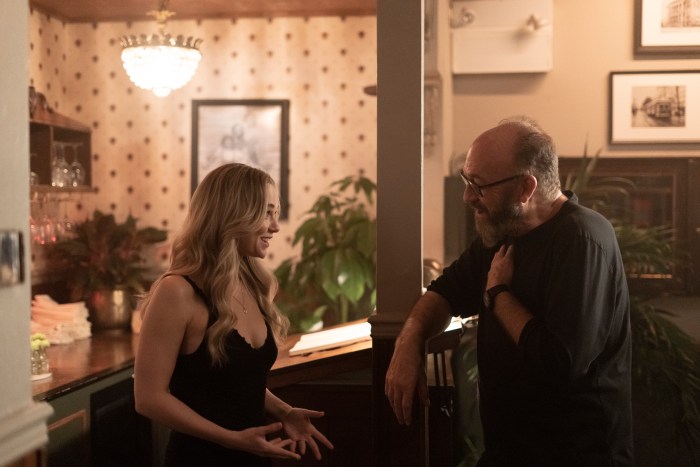
‘Witchboard‘ hits theaters Aug. 15.



